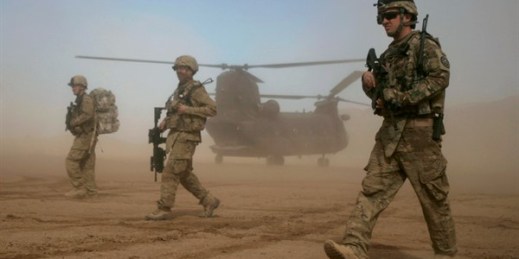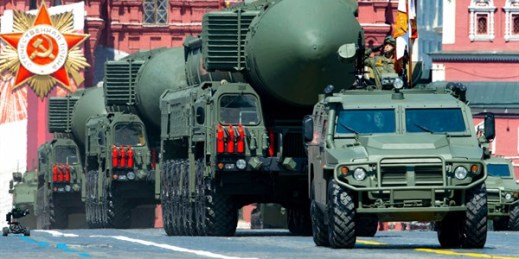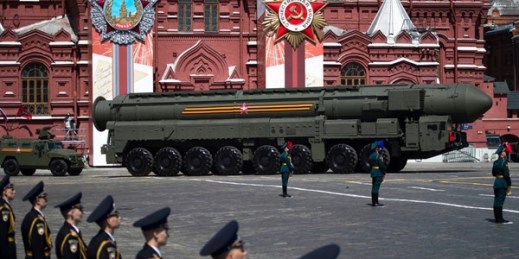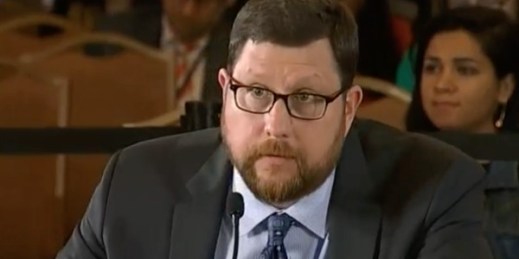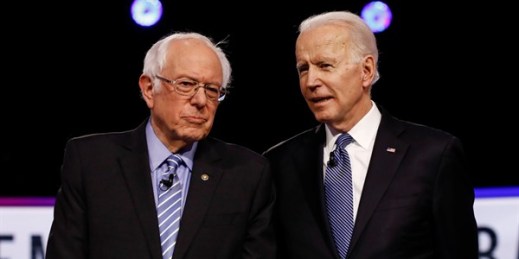
China’s central bank is currently conducting trials for its digital currency, which it hopes to have available for widespread use by the 2022 Winter Olympics in Beijing. But many privacy advocates are alarmed at the amount of data that Chinese authorities will be able to collect through the new digital yuan, and the resulting potential for abuse. On the Trend Lines podcast this week, WPR’s Elliot Waldman discussed the implications of China’s new digital currency with Yaya Fanusie, a senior fellow at the Center for a New American Security. Listen to the full interview with Yaya Fanusie here: If you […]

